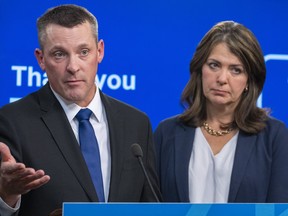Pilots Set for Significant Pay Increase
As the deadline for negotiations with the Canadian union representing pilots nears, Air Canada has announced a substantial pay boost for its ground staff. The union, representing approximately 12,000 workers at the airline, is weighing whether to join a national work stoppage in response to the proposed changes.
The proposed terms include a 30% increase on regular pay and a $75 daily stipend to offset the cost of meal breaks. These figures represent one of the largest raises ever negotiated for Canadian commercial pilots over a three-year contract period, according to the union’s official statement.
Current Negotiations
The negotiations are set to take place in late October or early November. Air Canada executives have emphasized their willingness to table compromise, including a potential binding arbitration process if negotiations fail.
Key Points of the Deal:
- Pay Increase: 30% over three years.
- Stipend: $75 daily.
- Pension and Health Benefits: Enhanced benefits for pilots will be part of the package.
Background on Previous Contracts
The last contract with ALPA (the union) was settled in 2016. Over the past six years, the union has successfully negotiated significant pay increases with major U.S. airlines but not with Canadian carriers like Air Canada and its parent company, Air France Canada.
For example, in 2019, U.S.-based United Airlines Holdings Inc. reached a four-year agreement with ALPA that included an 8% total compensation increase, with the bulk coming from higher pay for pilots.
Implications of the Strike
If the strike materializes, it could have significant implications beyond air travel. For instance:
- Airline Operations: Striking pilots might work below contract or not at all.
- Passenger Service: Reduced pilot availability could lead to service disruptions and delays.
- Customer Satisfaction: Flights may become less comfortable due to exhausted crew resources.
Alternative Pathways
If negotiations are unsuccessful, both parties have agreed to consider mediation. If a binding arbitration process is required, it would be conducted by an independent panel of experts.
Conclusion:
The proposed pay increase reflects the union’s determination to secure better terms for its members in the face of unfavorable contract negotiations with Air Canada and its parent company. The potential consequences of a strike extend beyond air travel operations, making this negotiation particularly critical.
This article is part of a series on the challenges facing Canadian airlines as they navigate labor disputes and economic uncertainties.




